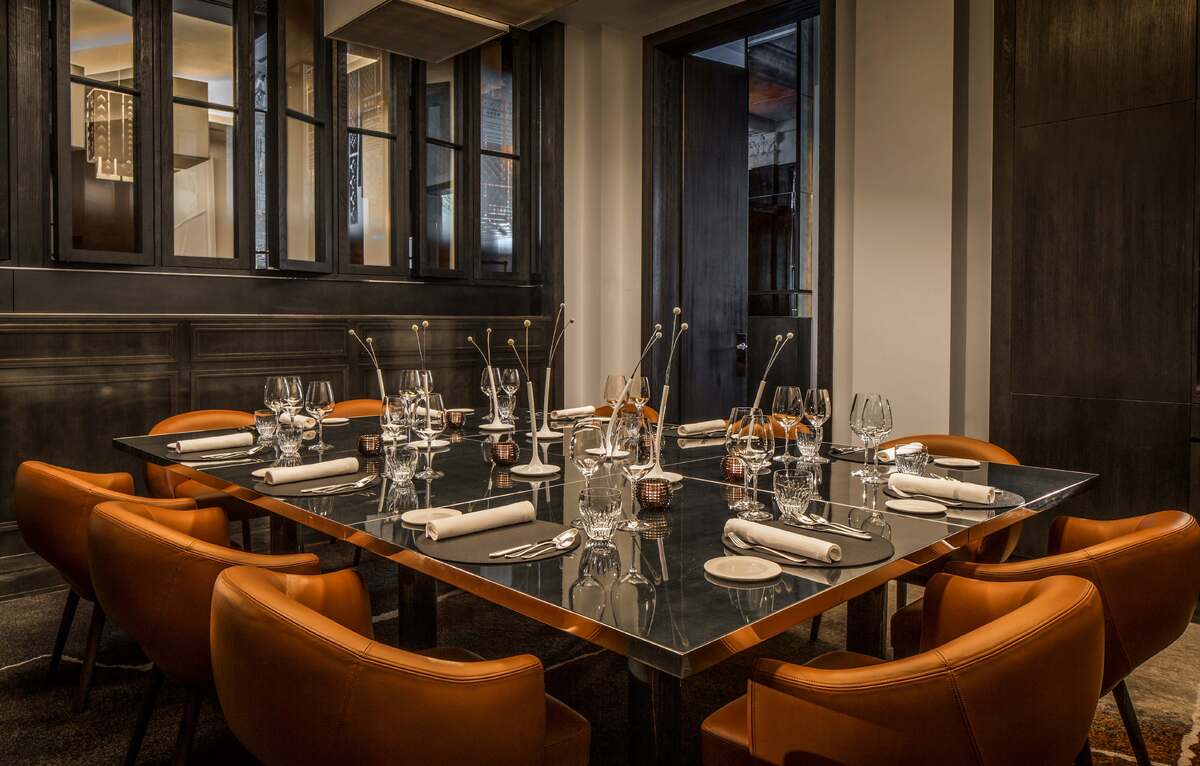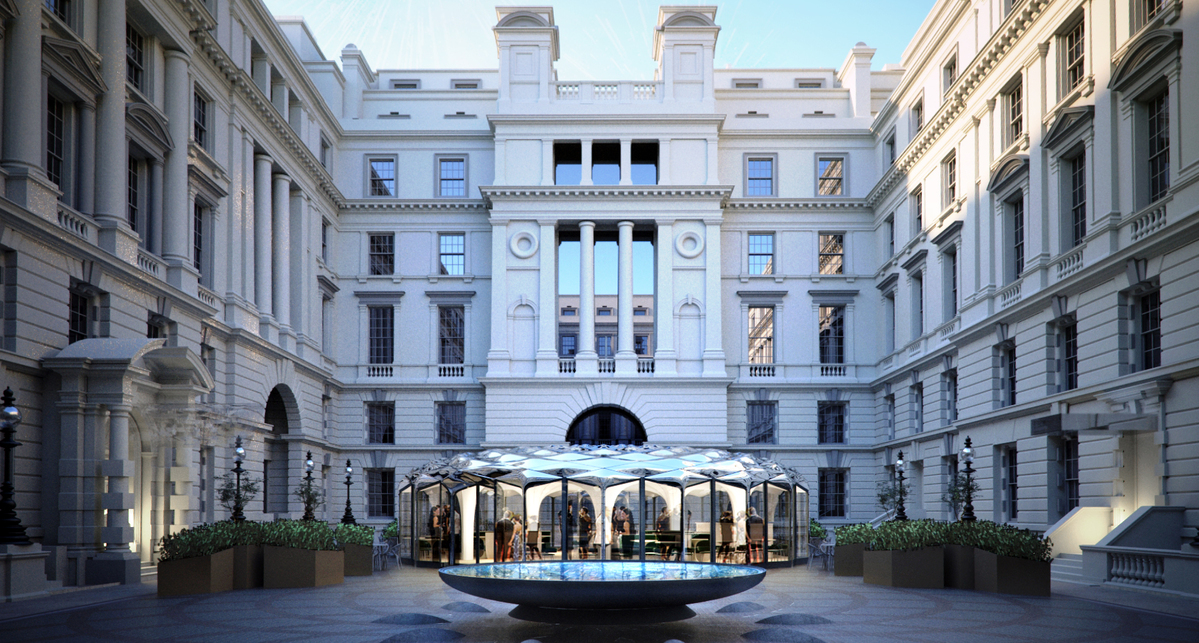Inside track: Include a service charge, says Chantelle Nicholson
When comparing higher costs with more uncertain salaries, it’s better to include service charge, says Chantelle Nicholson
There are many, many benefits to working in the hospitality industry. But it does come with its foibles, one of those being service charge. Hospitality must be the only industry whereby a large part of your pay theoretically comes from a customer’s judgement of how good of an experience they had.
For me, the restaurant, hotel, pub and bar experience has many facets: decor, ambiance, the food, the hospitality, plus much more (including how I am feeling on that particular day). It is definitely the sum of its parts and not wholly reliant on any one person or even a few people. It has to do with how the venue is managed across the entire organisation, not just the few front of house team members encountered during a visit.
When I first started working in kitchens, I was on a rather meagre salary (I think it worked out to be just over £3 an hour) and got a very small portion of ‘tronc’ each month. I wasn’t aware of the tronc part of it, nor what tronc even was (it is defined as ‘a common fund into which tips and service charges are paid for distribution to the staff’), so I had to ask why a small amount of money had appeared in my bank account (gladly!). When it was explained to me I sort of understood it, but I found it very ‘smoke and mirror’.
“Hospitality must be the only industry whereby a large part of your pay theoretically comes from a customer’s judgement of how good of an experience they had”
Throughout my time in the industry, I have always felt conflicted about tronc, on many levels. This was compounded with the challenge both myself and many others have had getting a mortgage when a lot of your pay is ‘discretionary’, meaning you have to jump through hoops to meet lending criteria. Then, when lockdown happened and the government decided to only cover salaries with furlough payments, the unfairness of it all became even more palpable.
What has become more common, albeit still very much a minority, is for restaurants to do away with a tronc system and include service in their pricing, places such as Oklava, Mangal 2 and Leroy, to name a few.
This allows for the team to earn a reliable salary that doesn’t fluctuate on the whims of diners. But there are a whole lot of other factors that this brings up, including the extra VAT payable by the business which needs to be factored into prices as service charge is not subject to VAT. Then there is the extra pension cost to the business and the extra national insurance costs. Plus, to the guest, your prices look higher, despite the fact that the final bill will not have an extra 12.5%, or more added on.
So it is a bit of a conundrum. I made the decision to include it at Apricity. I feel it is a financial risk, but one which I must take to ensure I can run the operation in the way I feel is right and to ensure the whole team are rewarded, and have the financial security that most other industries offer.
Read about Chantelle Nicholson’s plans for Apricity on page 36


















